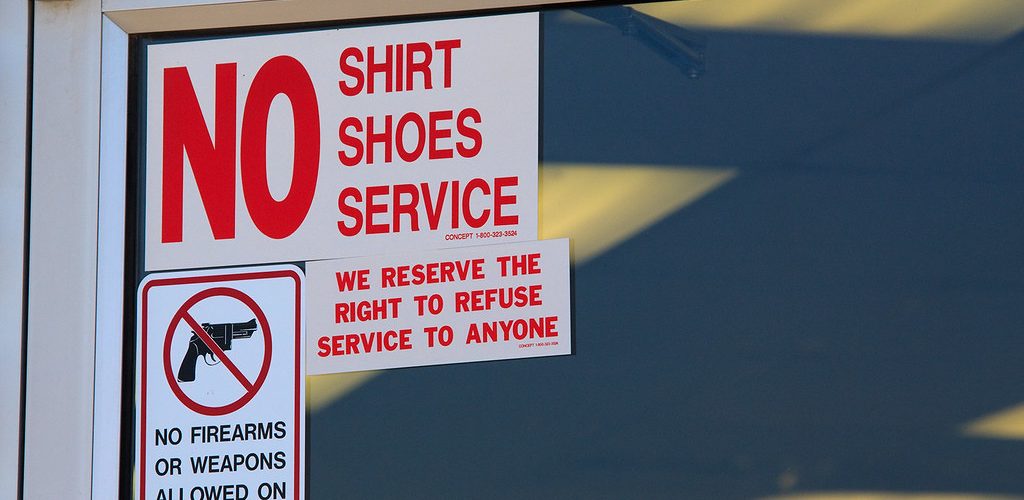This column by Arizona Chamber of Commerce & Industry President and CEO Danny Seiden originally appeared on Azcentral.com.
The Arizona Legislature is considering a bill that could make our regulatory environment more cumbersome, complicated and expensive, tying up private businesses in red tape and sticking taxpayers with the bill.
If it passes, Arizona’s reputation as a business-friendly state will be at risk.
The proponents of Senate Concurrent Resolution 1007 argue that private companies are discriminating against potential customers based on gun politics and thus shouldn’t be allowed to do business with the state and local governments.
They also believe that the best way to prevent such discrimination is to prohibit private entities from entering into certain contractual agreements, unless the entity’s contract includes written assurances that there will be no discrimination against any firearm entity or firearm trade association.
Private businesses of all sizes make tough decisions every day to manage risk, meet client needs and deliver returns for shareholders. All that’s hard enough to do without inserting a political agenda into the mix.
However, the proposed remedy is far worse than the perceived problem.
This bill is a bad deal for Arizona, replacing a market defined by supply and demand with one where politicians decide who can do business with whom.
Other states have adopted similar blacklist policies and paid a stiff price.
In Texas, taxpayers have been forced to shoulder hundreds of millions of dollars in additional municipal borrowing costs after lawmakers there pushed out a handful of bond underwriters.
Local officials in Stillwater, Okla., had to put a series of infrastructure projects on hold after borrowing costs spiked because the lender found itself on that state’s blacklist.
It’s a predictable consequence.
After all, fewer businesses eligible to contract with state and local governments leads to fewer choices from which the government can select for projects, which leads to higher costs for taxpayers.
State and local governments can’t print money. When costs go up in one area, it means there are fewer resources to invest in things like public safety, sanitation and other core government responsibilities.
It’s no wonder the Arizona Association of Counties has expressed concern that bringing a blacklist law to our state would cause small, rural communities to suffer due to reduced banking services and higher costs, which will ultimately affect local taxpayers.
Arizona’s pro-business reputation has been cultivated in part by assuring job creators that our policymaking environment is predictable and stable, and that our laws and regulations are intended to encourage job growth, not stifle it.
But SCR 1007 signals that Arizona’s business environment can shift at any moment.
What was once an acceptable business practice could suddenly fall out of favor with whoever’s in power, jeopardizing a company’s ability to operate here.
Arizona has worked hard to cultivate a business environment where businesses can succeed or fail in a free market.
The policies proposed in SCR 1007 would make government the arbiter of who wins and who loses. Lawmakers should reject it.
Danny Seiden is president and CEO of the Arizona Chamber of Commerce & Industry.
Photo via Andreas Metz
















Add comment